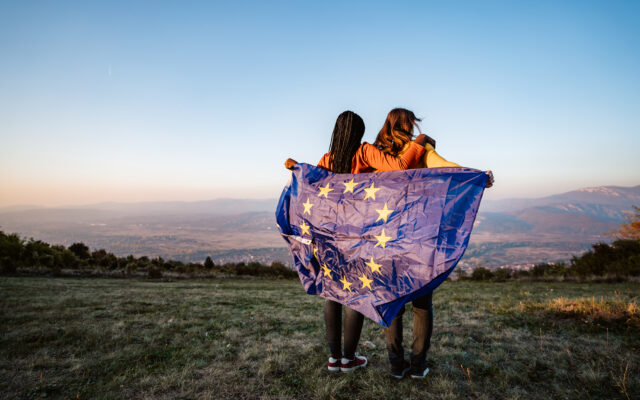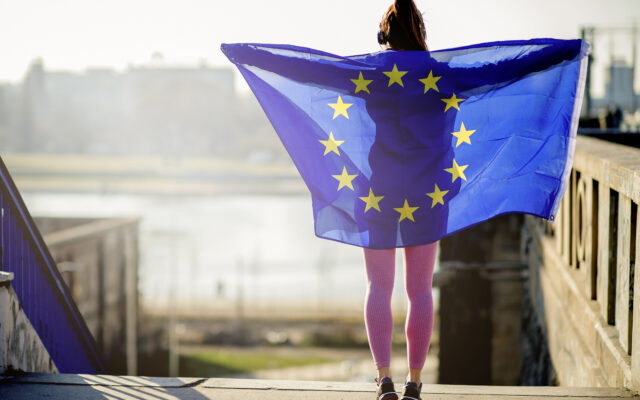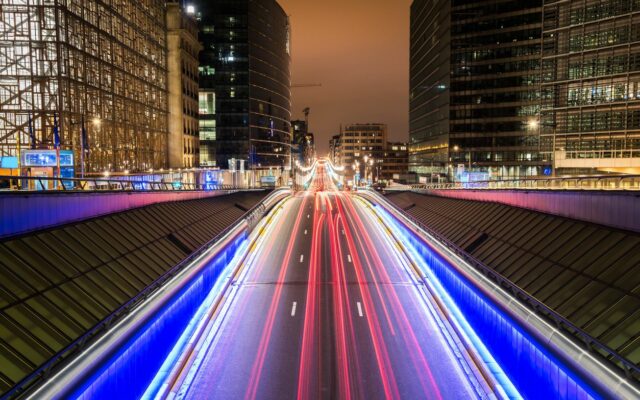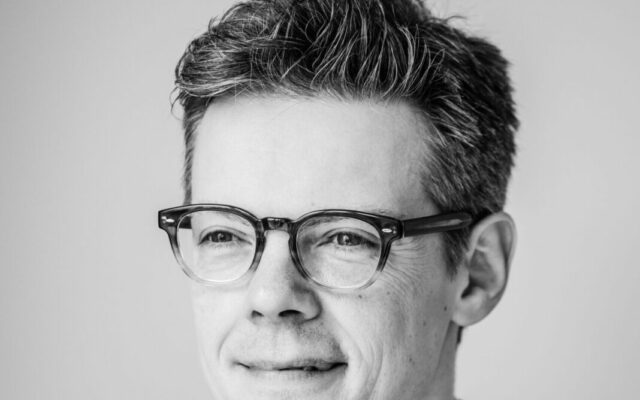Dark
Light
Ukraine is coming home
On 14 December 2023, the European Union took the most pivotal decision of its 66-year history. It opened its door to a people under attack, a country invaded by a criminal aggressor. It cleared the path to a shared future.
If we could see Europe through Ukraine’s eyes
A fresh-faced teenager crouches in the rubble, wearing a helmet and bulletproof vest. Volleys of sniper fire cut through the air, and the boy ducks. Men of all ages scream instructions to one another, keep their heads down, and hope. It might be the trench of a battlefield, far from the city, but this is Institutskaya Street, in central Kyiv, on February 20th 2014. It is day 92 of the Maidan, the Ukrainian people’s revolution of dignity, and the boy has just pulled a lifeless body away from the line of fire. ‘You can’t surprise me with anything,’ he says. ‘You thought it would be easy, just go to the Maidan, hang out for a bit and then go home? Not me. I always wanted to be on the front lines.’
How Putin weaponises food
On March 1st 2022, when Russian missiles landed on Babyn Yar, a ravine on the edge of Kyiv where the Nazis murdered and buried 100,000 Holocaust victims – Jews, Roma, Ukrainian political prisoners, Soviet prisoners of war, and psychiatric patients – Vladimir Putin had long since declared that the aim of his ‘special military operation’ was to ‘denazify’ Ukraine. His bombing of Babyn Yar laid bare the nihilism of his worldview and the brutality of his violence; it might be a newsreel from George Orwell’s '1984'.
The truth might save us yet
At the end of 2023, the peoples of Ukraine and Belarus stand at very different points on their European journey. While our Ukrainian neighbours continue to repel a criminal invasion now in its tenth year, so that they can rightfully enjoy the gains of their revolution of dignity and prepare for membership of the European Union, Belarusians remain shackled by a brutal dictatorship, their democratic opposition forced into exile. The countries’ fates may be tied by history, geography, and culture but, for now, they are separated by a war that neither of them chose. And yet, one existential battle unites them profoundly, a battle that the European Union, too, will need to win in the years ahead. The battle for the truth.
Learning to listen
Do we ever shake off the teenage angst that comes with a favourite band’s new album? Will it be as good as the last, we fret, and if not, does it herald a slow and sorry decline? What will the reviewers say, how many stars will they give, and what does their judgment say about us? Thankfully, help is at hand from an unlikely quarter: neuroscience.
The way home
A man wearing a dark suit walks into a casino with a woman and a young boy. They crouch down together in a corner of the room. Banks of slot-machines hum and chirp all around them. In the orange glow it could be three o’clock in the afternoon, three o’clock in the night, or any other time. This is Las Vegas but it could be anywhere.
Voices in my head
In 2020, I had planned to celebrate my 50th birthday with family and friends in Brussels. The coronavirus pandemic made that impossible. I had also wanted to say a few words to the people I love, who are always with me, wherever I go. I recorded those words here.
How we wake reminds us who we are
I wake, stretch my toes, make plans for the new day. I am alone and alive.
We need new words to talk about Europe
A short video that I recorded hours before my home country left the European Union.
Europe’s success lies in diversity
My letter to The Economist published on 25 January 2020












